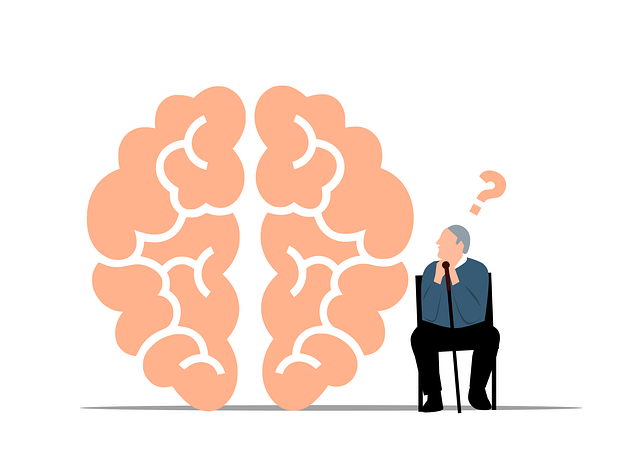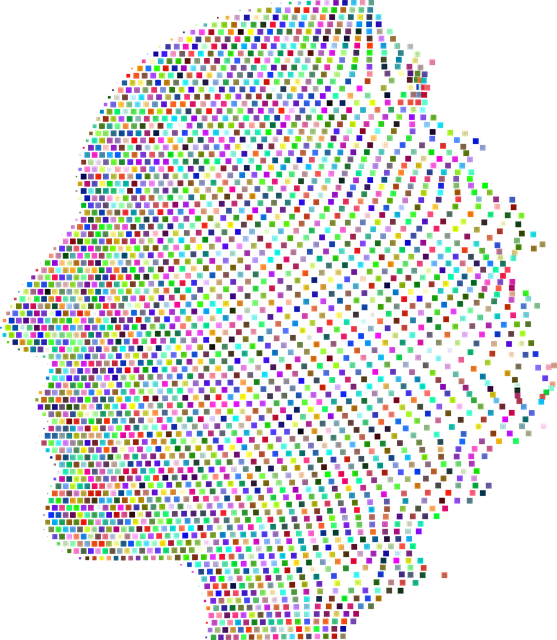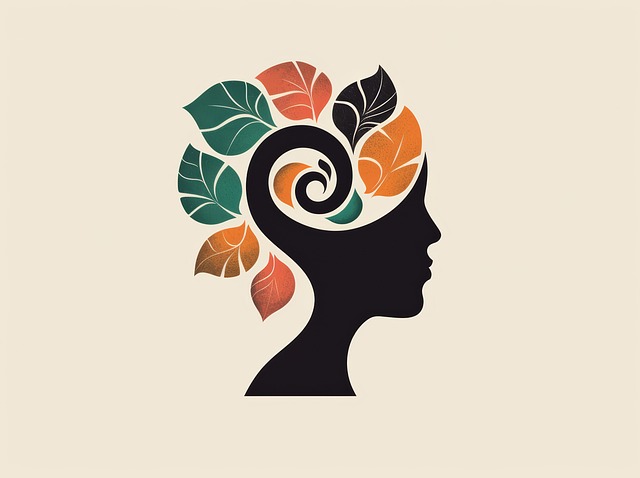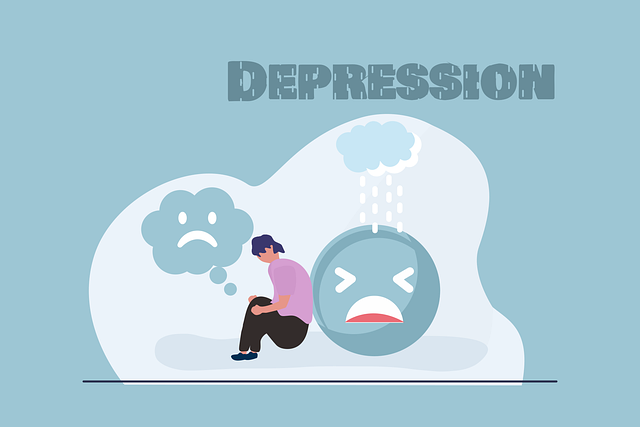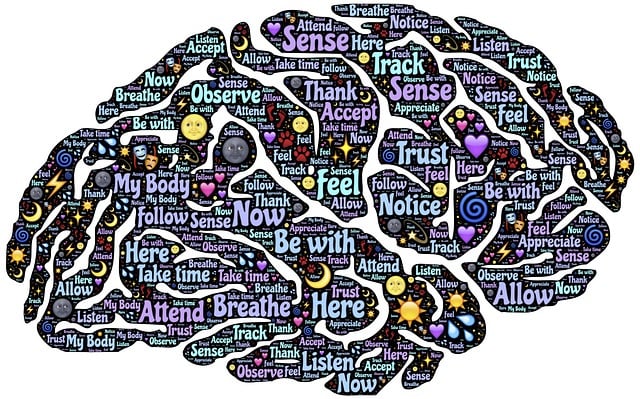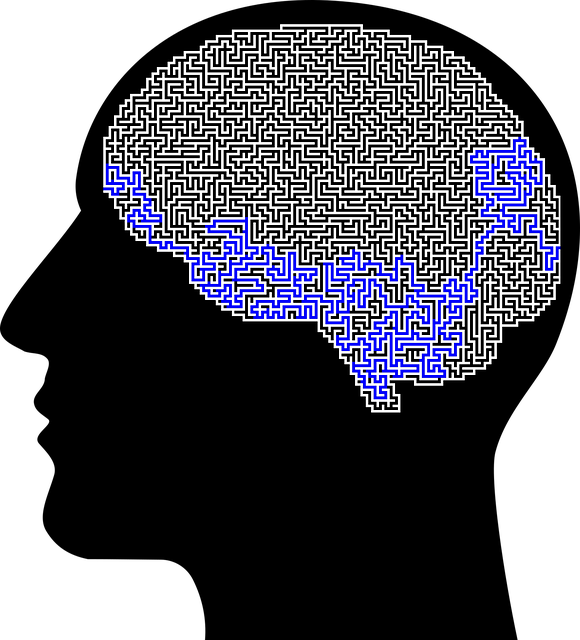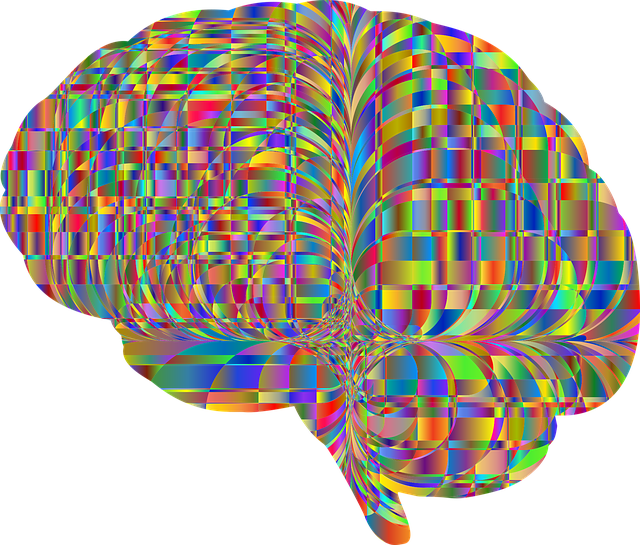Arvada Geriatrics Therapy tackles the unique challenges of diagnosing mental illness in older adults through a multi-faceted approach. They prioritize comprehensive assessments, integrating advanced technologies like AI, evidence-based assessment tools, and continuous therapist training. This strategy aims to improve diagnosis accuracy, enhance patient care, and optimize outcomes for geriatric patients by fostering open communication, promoting positive thinking, and implementing burnout prevention strategies. Digital platforms facilitate remote therapy and peer support, while specialized training ensures therapists are equipped to recognize intricate symptoms, leading to improved patient outcomes and enhanced mental wellness.
Mental illness diagnoses in Arvada Geriatrics Therapy face challenges, prompting efforts to improve accuracy. This article explores strategies to enhance diagnosis reliability, focusing on tools and training for therapists. We delve into the integration of advanced technologies, such as digital solutions, to optimize assessment processes. Additionally, we highlight the patient-centric approach, emphasizing open communication for accurate diagnoses. By addressing these aspects, Arvada Geriatrics Therapy aims to elevate diagnostic standards, ultimately improving patient care.
- Understanding Mental Illness Diagnoses: Current Challenges in Arvada Geriatrics Therapy
- Enhancing Diagnosis Accuracy: Strategies and Tools for Geriatric Therapists
- Integrating Advanced Technologies: Digital Solutions for Better Diagnosis
- Training and Education: Preparing Therapists for Accurate Assessments
- Patient-Centric Approach: Encouraging Open Communication for Accurate Diagnoses
Understanding Mental Illness Diagnoses: Current Challenges in Arvada Geriatrics Therapy

Diagnosing mental illness accurately is a complex task, especially in geriatric populations. Arvada Geriatrics Therapy faces challenges when it comes to understanding and classifying mental health conditions among older adults. Many factors contribute to this difficulty, including comorbid physical health issues, cognitive changes associated with aging, and the potential for overlapping symptoms across various disorders.
The complexity of mental wellness in older individuals requires a nuanced approach. Traditional diagnostic methods may not always capture the full spectrum of emotional and psychological experiences. To address these challenges, Arvada Geriatrics Therapy emphasizes the importance of comprehensive assessments, incorporating Mental Wellness Coaching Programs Development and Emotional Healing Processes. By integrating these strategies alongside Mental Health Education Programs Design, they aim to improve diagnosis accuracy and ultimately enhance patient care and outcomes for older adults seeking therapy.
Enhancing Diagnosis Accuracy: Strategies and Tools for Geriatric Therapists

In the field of geriatric care, accurate mental illness diagnoses are paramount to effective treatment and improved quality of life for elderly patients. Arvada Geriatrics Therapy recognizes this challenge and actively pursues strategies to enhance diagnostic accuracy. This involves a multifaceted approach that includes staying current with evidence-based assessment tools, integrating advanced technology into practice, and fostering ongoing professional development among therapists. By embracing these methods, therapists can minimize biases, improve observation skills, and tailor interventions precisely to each patient’s unique needs, ultimately leading to better outcomes.
Beyond technical advancements, cultivating a positive thinking mindset and implementing burnout prevention strategies for healthcare providers are crucial components of this initiative. Mental health awareness and resilience among geriatric care teams directly impact the reliability of diagnoses and the overall well-being of both patients and practitioners. Through collaborative efforts and a commitment to continuous learning, Arvada Geriatrics Therapy strives to ensure that every diagnosis is accurate, leading to more effective treatment plans and happier, healthier seniors.
Integrating Advanced Technologies: Digital Solutions for Better Diagnosis

The integration of advanced technologies is transforming mental health diagnosis and treatment, offering more precise and personalized approaches. Digital solutions like artificial intelligence (AI) and machine learning algorithms are revolutionizing the way mental illness is assessed and diagnosed. These tools can analyze vast amounts of data, including patient history, symptoms, and even biological markers, to provide comprehensive risk assessments. By leveraging AI, healthcare professionals in Arvada Geriatrics Therapy can make more informed decisions, ensuring tailored interventions for each individual’s unique needs.
Furthermore, digital platforms facilitate continuous monitoring and remote therapy sessions, enhancing accessibility and flexibility in self-care practices. Risk assessment tools developed by mental health professionals can be integrated into these platforms to offer real-time support and early intervention strategies. Stress management workshops organized through online communities create a sense of belonging, enabling individuals to learn coping mechanisms and engage in peer support—all while promoting better mental well-being.
Training and Education: Preparing Therapists for Accurate Assessments

Accurate mental illness diagnoses rely heavily on well-trained therapists who can recognize complex symptoms and nuances.
Arvada Geriatrics Therapy, for instance, emphasizes the importance of continuous education and training for its practitioners. This includes not only updating clinical knowledge on various disorders but also refining assessment techniques using evidence-based practices. Incorporating Mind Over Matter Principles and fostering an environment that encourages open communication can significantly enhance diagnostic accuracy. Additionally, therapists benefit from specialized training in Mental Health Policy Analysis and Advocacy to stay informed about the latest research and guidelines, ensuring their assessments align with best practices. Social Skills Training is another crucial aspect, helping therapists build strong therapeutic alliances with clients, leading to more reliable and valid diagnoses.
Patient-Centric Approach: Encouraging Open Communication for Accurate Diagnoses

Encouraging open communication between patients and healthcare providers is a key strategy in improving mental illness diagnosis accuracy. In the context of Arvada Geriatrics Therapy, fostering an environment where seniors feel comfortable sharing their experiences and symptoms can significantly enhance diagnostic capabilities. Patients should be empowered to express their feelings honestly, without fear of judgment or stigma. This patient-centric approach ensures that healthcare providers gain valuable insights into each individual’s unique mental health landscape.
By promoting open dialogue, mental wellness coaching programs development becomes more effective. Healthcare provider cultural competency training plays a crucial role in this process. It equips professionals with the skills to listen actively and understand the nuances of different cultural perspectives on mental health, further refining diagnostic procedures. Such efforts collectively contribute to more precise diagnoses and tailored treatment plans, ultimately enhancing patient outcomes and overall mental wellness.
Arvada Geriatrics Therapy faces challenges in mental illness diagnosis accuracy, but ongoing efforts to enhance these skills are promising. Integrating advanced technologies, implementing evidence-based training and education, and adopting patient-centric approaches can significantly improve diagnostic reliability. By embracing digital solutions and fostering open communication, therapists at Arvada Geriatrics Therapy can ensure more accurate and personalized care for their geriatric patients.


